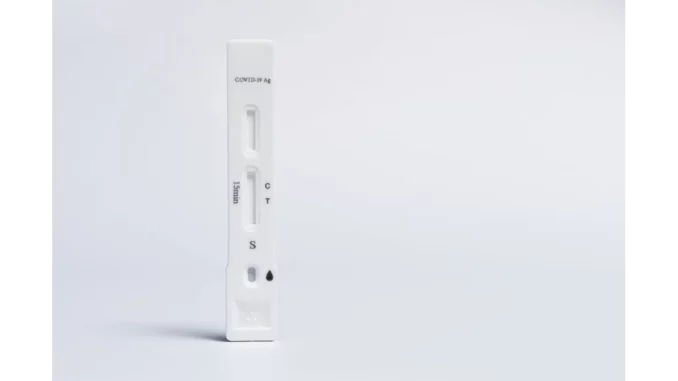
Recently, I had the opportunity to engage in an enlightening discussion with Dr. Emily Carter, a distinguished biochemist and consultant for various biotechnology firms, concerning the remarkable advancements and shifts within the global immunoassay market. This transformation is notably driven by the integration of artificial intelligence (AI), with projections suggesting an impressive growth of USD 8.64 billion between 2024 and 2028. Our conversation illuminated the extensive impact AI is exerting in reshaping this market landscape, bringing about a new era of diagnostics.
In a setting that was both casual and professional, Dr. Carter expressed her enthusiasm about the future trajectory of immunoassays. “AI isn’t just a buzzword,” she stated, her conviction reflecting her extensive experience with the tangible benefits of technology integration in the field. “It’s a game-changer, particularly in the realm of diagnostics.” As the global immunoassay market is anticipated to grow at a compound annual growth rate (CAGR) of 4.42% over the coming years, Dr. Carter detailed how AI is pivotal in meeting the surging demand for early diagnosis and treatment. “AI algorithms enhance the precision and efficiency of immunoassays,” she explained, “which are essential for detecting biomarkers of diseases such as cancer, diabetes, and infectious diseases.”
Dr. Carter elaborated on how AI is revolutionising immunoassay technology. Historically, these tests depended heavily on skilled laboratory personnel, presenting a significant challenge due to the scarcity of qualified professionals, particularly in rural and underserved regions. AI-driven automation is now making these tests more accessible and less reliant on human intervention. She highlighted advancements in chemiluminescence and microfluidic devices, which, when combined with AI, have transformed the methodology of conducting immunoassays. “These technologies have elevated the sensitivity and specificity of tests,” Dr. Carter noted, “enabling faster and more reliable results, which are vital in clinical settings.”
Beyond traditional medical applications, immunoassays are finding exciting uses in the food and beverage industry. Dr. Carter pointed out the rising demand for immunoassays to detect antibiotic residues in food products, with AI playing a crucial role in enhancing detection capabilities, ensuring food safety, and ultimately safeguarding consumer health. As our conversation progressed, Dr. Carter also underscored the geographical expansion of the market. “North America and Europe are at the forefront due to their advanced healthcare infrastructure and high prevalence of diseases. However, Asia is rapidly catching up, driven by its swiftly developing healthcare systems and increasing population needs,” she observed.
Dr. Carter also addressed the significant segment of reagents and kits, highlighting their importance in the market. “The development of AI-enhanced reagents has optimised assay performance, minimised non-specific binding, and improved overall test reliability,” she remarked. “This advancement is crucial for long-term studies and ensures reliable diagnostics.” Nevertheless, despite the promising growth, Dr. Carter acknowledged the market’s challenges. “The integration of AI in diagnostics is still in its nascent stages. There is a learning curve and a need for sustained collaboration between AI experts and medical professionals to refine these technologies,” she admitted.
Our discussion naturally turned to the major players in the industry. Companies like Abbott Laboratories, Becton Dickinson, and Thermo Fisher Scientific are at the forefront of driving innovation and setting industry standards. However, Dr. Carter was quick to emphasise that the focus should remain on the technological breakthroughs these companies are facilitating, rather than their brand names. “It’s about the advancements that these companies are enabling,” she stressed.
As our conversation drew to a close, Dr. Carter expressed her optimism for the future. “AI is not just reshaping the immunoassay market; it’s paving the way for a more efficient, accurate, and accessible healthcare system worldwide,” she concluded. My time with Dr. Carter was incredibly insightful. Her perspectives painted a vivid picture of a dynamic market on the cusp of significant evolution. As AI continues to redefine the immunoassay landscape, the possibilities appear boundless, promising a future where early diagnosis and preventive medicine take centre stage as the standard, rather than the exception.


Be the first to comment